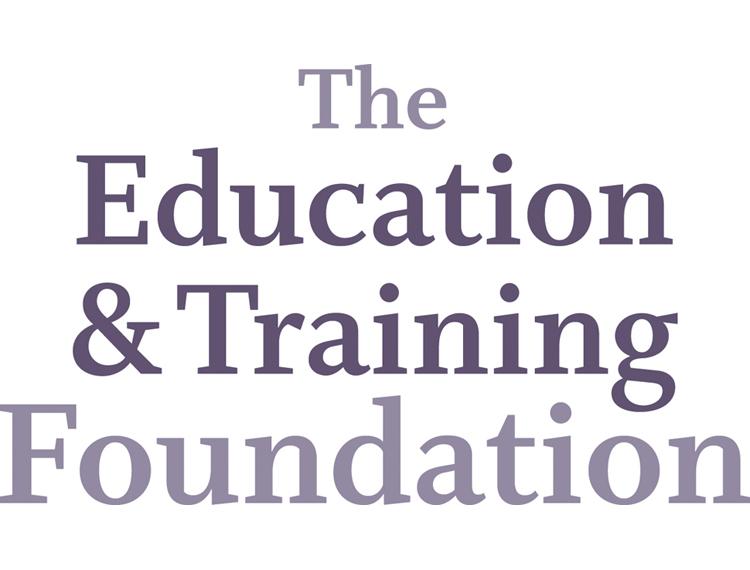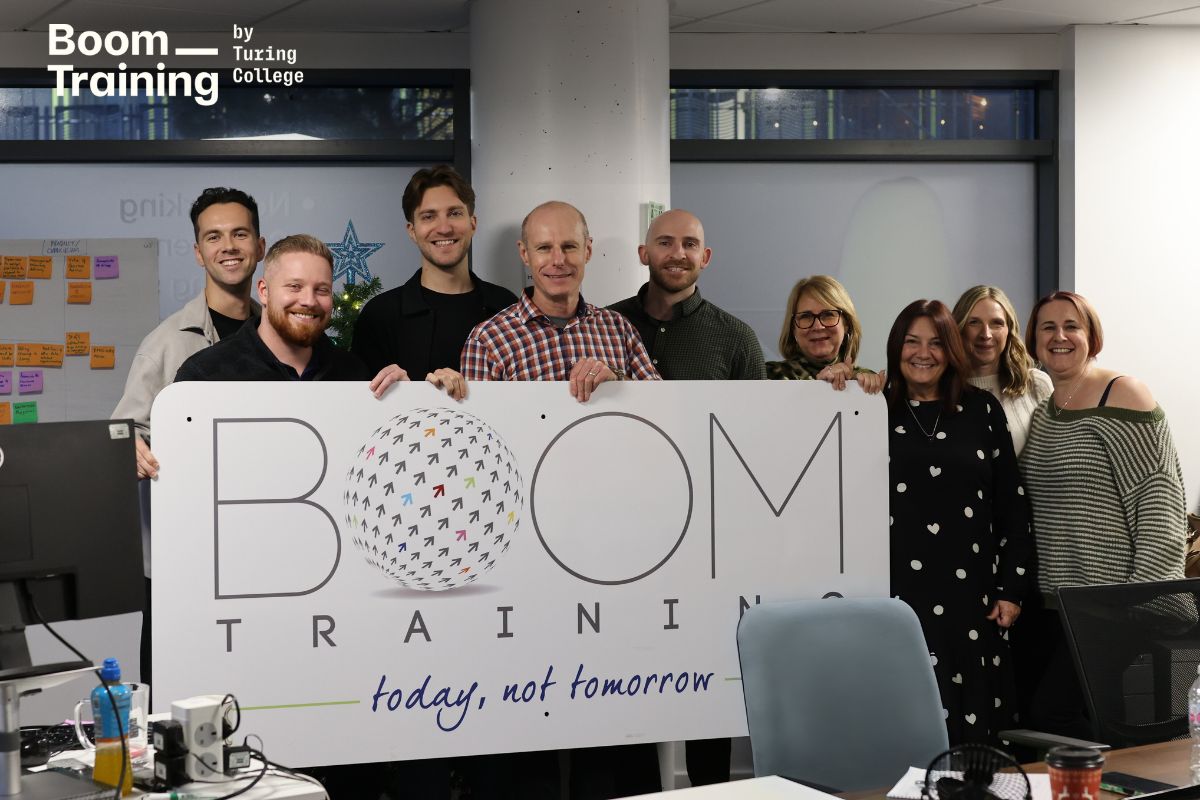New research published into career progression trends in Further Education

The Education and Training Foundation (ETF) and its membership body, the Society for Education and Training (SET) have published a report exploring career progression within the Further Education and Training sector.
The research is the first of its kind to provide evidence for barriers to career progression including workload and lack of time, as well as identifying a desire for developing greater expertise and knowledge and the types of support needed to help these be achievable, such as gaining (further) on-the-job experience.
The National Foundation for Educational Research (NFER) were commissioned to assist with the online survey which was completed by approximately 800 respondents (99% SET members)3 earlier this year.
Key findings of the research:
Career aspirations
Respondents stated how they would like their career to progress over the next one to two years:
- a quarter ranked their main priority as developing expertise in their current role
- other main priorities included: taking on greater management responsibilities (16%); developing sector/subject knowledge (13%); and remaining in their current role (10%).
Barriers to career progression
The most significant barrier to career progression is:
- workload and lack of time preventing take-up of continuing professional development (CPD) or higher-level study (50%).
Other commonly reported barriers included:
- lack of encouragement and support from the institution’s management
- lack of promotion or development opportunities
- lack of appropriate subject-specialist CPD.
Only one in ten respondents reported that they had not experienced any barriers.
Motivation for joining sector
The most popular reason for joining the Further Education and Training sector is:
- enjoyment in working with young and adult learners, inspiring the next generation, helping them realise their potential and transforming lives.
Charlynne Pullen, Head of Data and Evaluation at the Education and Training Foundation, said: “There has been much anecdotal evidence of career progression trends in Further Education and Training, but this is the first time we have a comprehensive research report to share with the sector. The research shows there is a willingness and a demand for more training and career progression, the challenge is how to turn that into a reality across the whole sector. Given the need to transform technical education in this country and the increasing role workforce development will play, this research will support better decision-making and analysis on how we move forward.”
Other key findings:
Overcoming barriers
Respondents provided a range of actions and support for how they could overcome barriers:
- undertaking CPD/training/courses/professional development which was inspired, organised and financed by the individual
- exploring ways to improve oneself, self-belief, self-motivation and being determined to succeed
- changing employer/role/department e.g. to gain the required stability and support
- inspiring and supportive practitioners/mentors/peers/colleagues/effective team working
- having a supportive line manager.
Support required to achieve career aspirations
A third of respondents reported that the following would support their career progression:
- gaining (further) on-the-job experience
- undertaking course(s)
- having support of a mentor/coach/line manager.
Defining career progression
The most popular definition of career progression is:
- gaining greater experience/expertise/qualifications/working at higher levels in teaching their chosen subject.
A full copy of the report Career Progression in the Further Education and Training Sector can be downloaded here.
About the Education and Training Foundation: The Education and Training Foundation (ETF) was established in October 2013 and is the Government-backed, sector-owned national support body for the Further Education and Training sector. The charity works with teachers, trainers, leaders and employers to help them deliver excellent further and vocational education and training. This includes through setting professional standards, workforce development, supporting sector change and providing data and research. The ETF’s membership body is the Society for Education and Training.
About the Society for Education and Training: The Society for Education and Training (SET) is the professional membership organisation of the Education and Training Foundation for practitioners working in the post-16 education and training sector. Since the close of the Institute for Learning (IfL) in November 2014, SET has taken on its legacy and continues to support practitioners through their professional membership.
Characteristics of the sample:
- The overall gender split of the sample was generally representative of the gender spilt in the FE/training sector (60 per cent female).
- The age profile was a little older than that of the FE/training sector overall in which 54 per cent of staff are aged over 45 years.
- Just less than a third of respondents were working in general further education colleges (28 per cent). This was followed by schools of all types and University Technical Colleges (17 per cent) and private training providers (13 per cent).
- Respondents were working within all the English regions in a wide range of sectors.
- Just over half of the respondents had gained directly relevant industrial or vocational experience prior to joining the sector.
- Over half of the respondents were primarily teaching at Level 2 or 3, with around a quarter teaching each of these levels.
- Just over half of respondents held permanent full-time positions, with just less than a fifth being in permanent part-time positions. This mirrors the proportion of part-time workers in FE/sixth form colleges, the third sector and private training providers.
- Sixty-three per cent held a Level 6 qualification or above in their specialist subject, with 64 per cent of those who were a teacher/tutor/trainer/lecturer/instructor qualified at this level. This compares to 58 per cent of teachers in the FE/training sector overall qualified at Level 6 or higher.











Responses